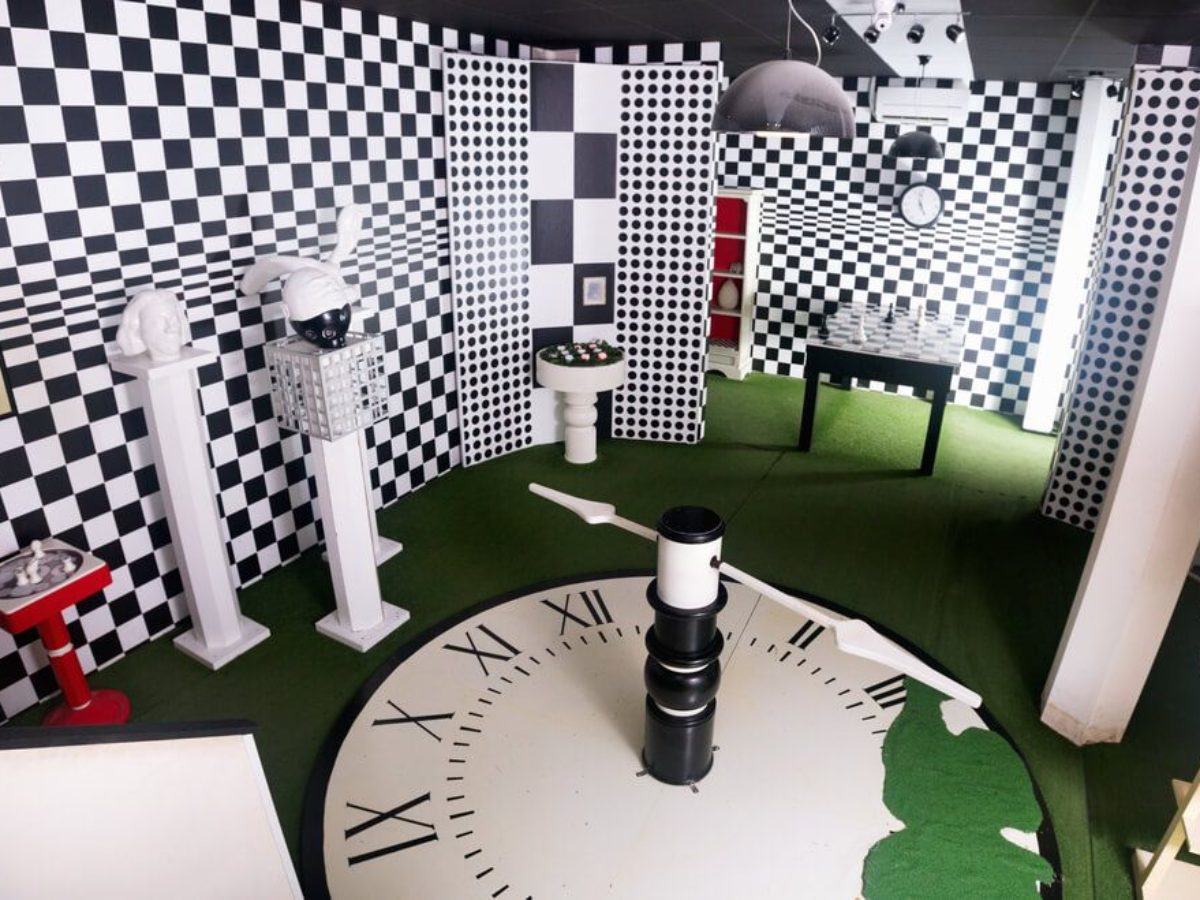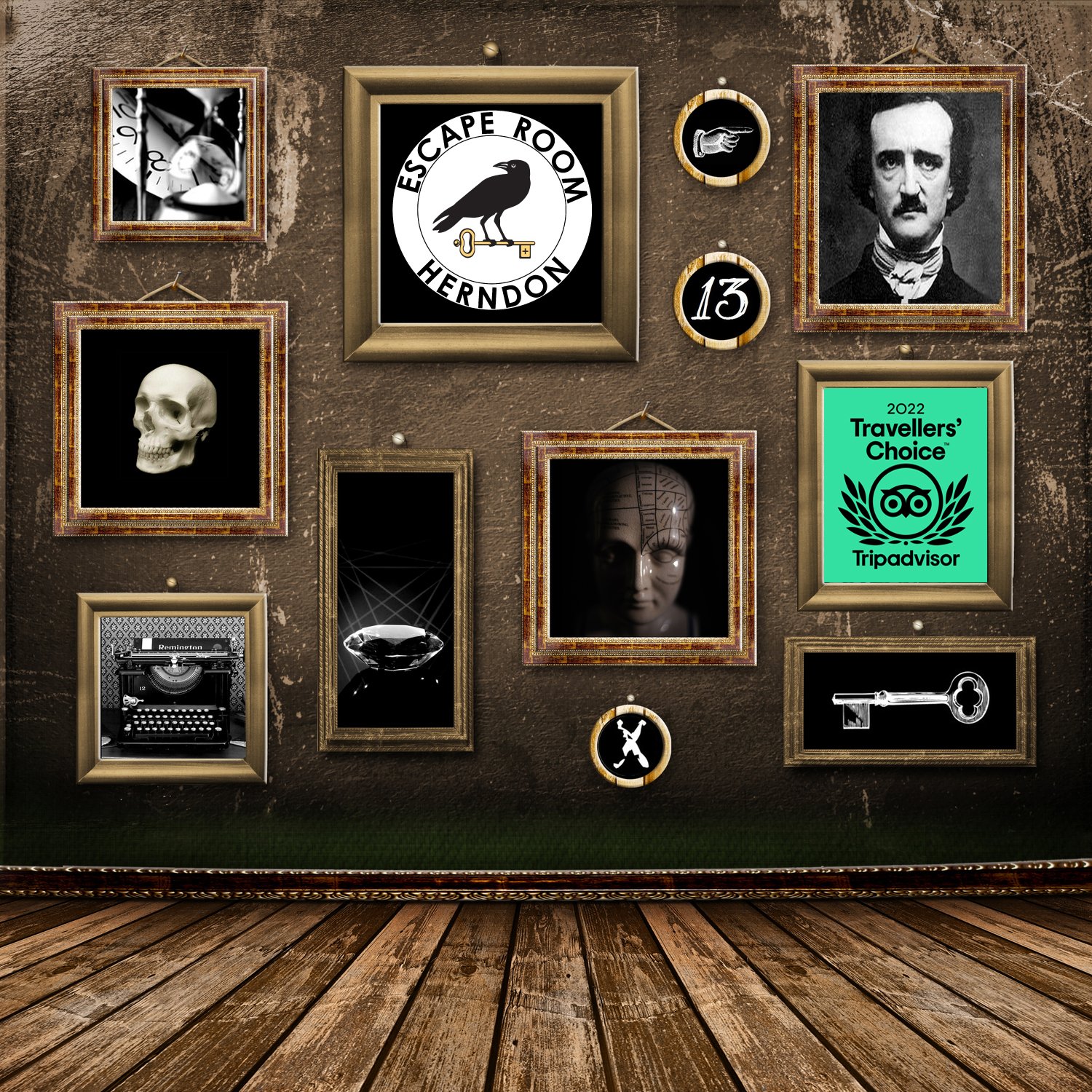Discover the Best Escape Room in Minneapolis-- Interactive and Involving Enjoyable
Discover the Best Escape Room in Minneapolis-- Interactive and Involving Enjoyable
Blog Article
Group Methods: Exactly How to Collaborate Effectively in a Getaway Room
Groups must proactively listen to each participant's insights, assign roles that line up with specific toughness, and maintain routine check-ins to ensure emphasis and protect against redundancy. By fostering an atmosphere that values cohesion and versatility, groups can dramatically increase their efficiency and success rates.
Establish Clear Communication

To assist in clear communication, it is necessary to mark a central point of contact for info circulation. This function involves summarizing searchings for and proposed methods to guarantee everyone stays on the same web page. Furthermore, adopting a methodical strategy to conversations can protect against chaotic exchanges. As an example, short, concentrated updates from each group participant can maintain the team informed without frustrating them with info.

Designate Roles Strategically
While clear communication sets the foundation for reliable teamwork, designating functions tactically makes certain that each team member's strengths are utilized efficiently. In an escape room circumstance, the time-sensitive and complex nature of challenges demands a well-organized approach to task delegation. By identifying and leveraging private competencies, groups can maximize their problem-solving capabilities and boost overall performance.
First, examine the distinct abilities and attributes of each participant. For instance, someone with an eager eye for detail may succeed in discovering hidden things, while a rational thinker might be much better matched to resolving problems - best escape room. It's equally essential to have a leader who can oversee progress, take care of the timeline, and make definitive telephone calls when essential. This role often needs solid organizational and social skills.
Second, guarantee that functions are flexible and versatile. As new challenges arise, the group must have the ability to pivot, reapportioning jobs as required. This adaptability assists maintain energy and stops traffic jams that might happen due to inflexible function projects.
Ultimately, a critical approach to duty job not just optimizes the staminas of each group member but likewise cultivates a natural atmosphere, driving the group in the direction of a successful escape.
Make Use Of Diverse Skills
Identifying and investigate this site using the diverse abilities within your group can dramatically elevate your performance in a retreat space. Each employee brings unique strengths to the table, and effectively leveraging these capacities can accelerate analytical and improve general efficiency. As an example, an employee with solid analytical skills could succeed at understanding intricate codes or patterns, while one more with eager empirical abilities might quickly find surprise ideas that others might overlook.
Reliable communication is vital to using these varied skills. Encourage team participants to voice their understandings and concepts without delay, making sure that all prospective services are taken into consideration. This inclusive technique promotes a vibrant environment where creativity and essential reasoning can prosper. In addition, appointing tasks that straighten with each participant's toughness can stop bottlenecks and make sure that progression is continual.
In addition, variety in skills usually equates to diversity in believing designs, which is important in a retreat space setting. While some challenges may call for rational reasoning and precision, others could take advantage of creative and association of ideas. By identifying and leveraging this variety, teams can resolve a wider variety of difficulties better, therefore raising their opportunities of a successful escape.
Manage Time Efficiently

First, assign initial minutes for a fast study of the area. Recognize noticeable problems and browse around this site separate jobs based upon staff Extra resources member' staminas, making sure that no one is idle. Establish inner time checkpoints to assess development periodically; as an example, purpose to have half the problems resolved by the mid-point of the game. This method can help maintain the group focused and avoid time from slipping away undetected.
Furthermore, prevent one-track mind. If a challenge is taking also long, turn group participants or go on to another difficulty, returning later on with fresh point of views. Communication is vital-- maintain everybody upgraded on fixed problems and remaining tasks to avoid repetitive efforts.
Lastly, make use of any kind of hints or ideas sparingly but purposefully - best escape room. Understanding when to request aid can conserve beneficial time. By sticking to these time monitoring concepts, groups can considerably boost their opportunities of an effective and enjoyable getaway room experience
Debrief and Show
Reflection is a crucial facet of team advancement and renovation in the context of retreat spaces. Once the difficulty is completed, whether efficiently or otherwise, it is essential for the group to take part in an organized debriefing session. This process allows group participants to analyze their performance, determine strengths, and identify areas for improvement.
Begin the debrief by reviewing what went well. Highlight particular instances of reliable communication, analytic, and partnership. Acknowledging these positive actions reinforces them and motivates their repetition in future difficulties.
Following, address the obstacles experienced. Review moments of complication, miscommunication, or inadequate strategies. Encourage an open and positive dialogue where team members can share their point of views without fear of objection. This fosters a culture of continual enhancement and understanding.
Final Thought
In verdict, successful partnership in a retreat room is predicated upon clear interaction, critical duty projects, the reliable utilization of varied abilities, and proficient time management. By developing a natural and flexible group environment, the chance of successfully solving problems and accomplishing the purpose of leaving the room is significantly boosted.
Report this page